 Amritsar: The Israel-Iran conflict has triggered a crisis in the Indian basmati market, leading to an oversupply and a sharp decline in prices.
Amritsar: The Israel-Iran conflict has triggered a crisis in the Indian basmati market, leading to an oversupply and a sharp decline in prices.
Warehouses are overflowing with basmati bags due to the suspension of exports to Gulf countries, especially Iran, which alone consumes 20% of Indian basmati, primarily sourced from Punjab and Haryana. According to market analysts, the financial year 2024–25 began with a promise as India's basmati rice exports soared to 60 lakh tonne, an 8 lakh tonne increase over the previous year. "It was a strong sign of global appetite and growing demand for Indian basmati, particularly from Iran and the broader Middle East, which absorb nearly 75% of India's basmati, especially the Sela (parboiled) variety cherished in Iranian kitchens," said Tejinder Singh, chief executive officer of Amar Singh Chawla Wala, makers of the popular Lal Qila basmati brand,
With Iran threatening to close the Strait of Hormuz—a vital trade artery—major shipping lines have suspended operations to Iranian ports. Insurance companies have backed out, unwilling to risk covering shipments through a war zone. The vessels en route were docked at Iranian ports, where they offloaded their cargo, Tejinder said.
Tejinder further said that the glut of basmati has started to choke the Indian market, and its ripple effects are now hitting every level of the supply chain. He said that the prices have dropped from Rs 7,000 per quintal to Rs 6,200.
Export prices, once commanding between $850 to $950 per tonne, have seen a 10-15% decline. With the new basmati crop expected to arrive from mid-Sept through Nov, the situation is set to worsen.
Rattan Singh, a farmer, said that they were hoping to cash in on strong prices, but under the present circumstances, the rates could fall by Rs 500 per quintal for both PUSA 1509, 1121, and other variants. "This glut is unlike anything we have seen in recent years. And it's not because of poor demand. It's because the world has stopped moving," he added.
At the heart of the crisis lies Iran, where not only the shipping lines have collapsed, but so has the banking system. Tejinder said that the ongoing conflict has rendered financial transactions nearly impossible. At any given time, nearly Rs 100 crore of Indian basmati exporter money is stuck in Iranian channels, held up by broken payment links and frozen banking infrastructure.
R S Sachdeva, former chairperson of the Punjab state chapter, PHD Chamber of Commerce and Industry, said if the export ban continues and the new crop arrives amidst an already saturated market, prices will crash further. "The brunt of this will fall on the farmers—many of whom are smallholders who cannot afford a bad season. Loans taken in anticipation of a lucrative year may spiral into debt traps," he observed.
Yet, there is a sliver of hope. Many believe that when exports eventually resume, there will be a surge in demand. "After all, Iran and the Middle East cannot go without their staple. International organisations, possibly the UN or food aid agencies, may step in to ensure food security in conflict-ridden regions. Rice is not a luxury for them but a necessity; then the market will boom again," hoped Tejinder.



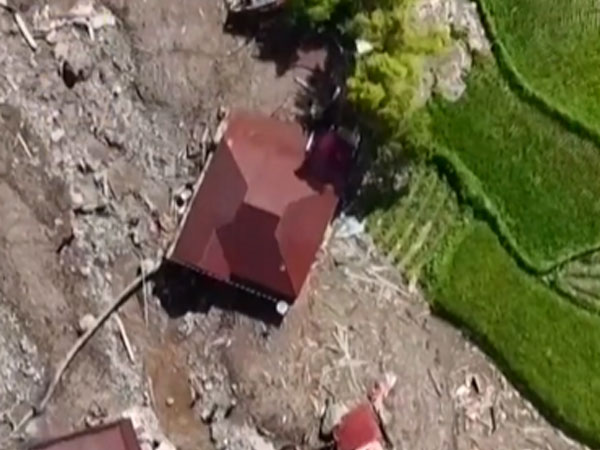
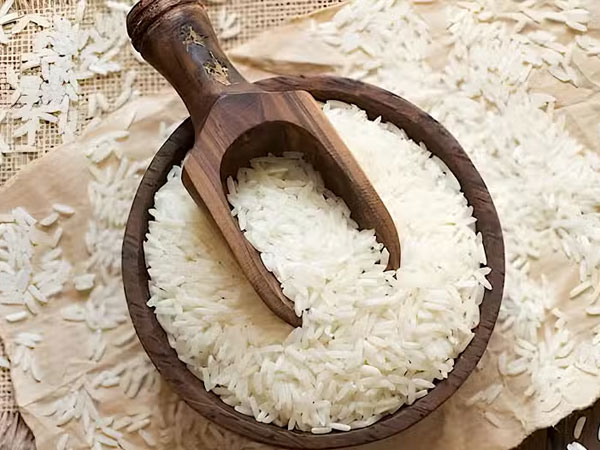
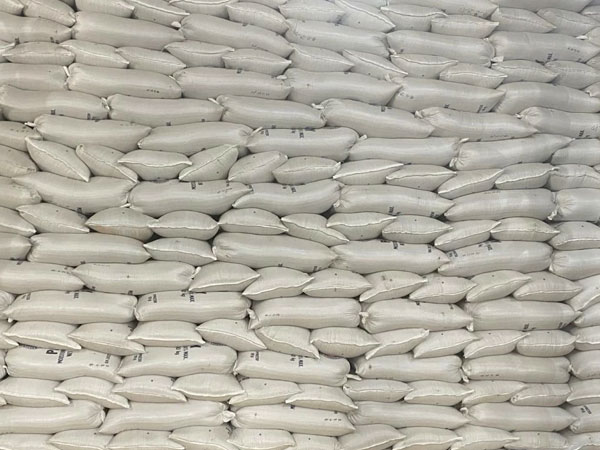


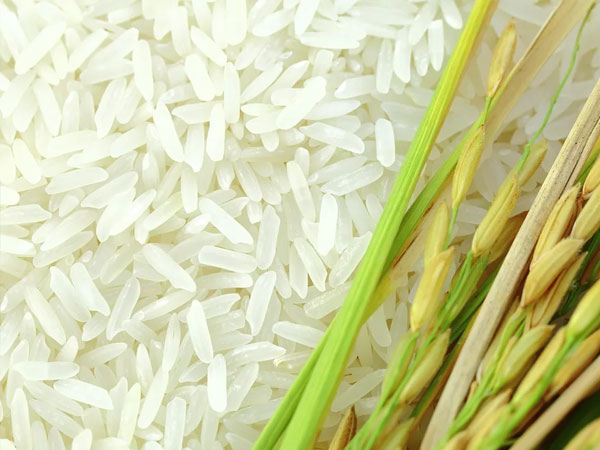
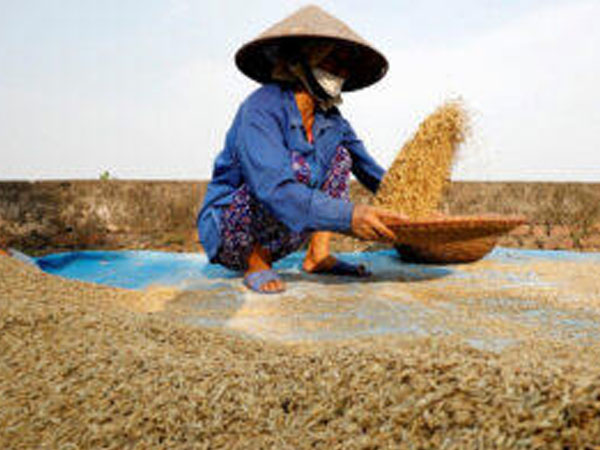
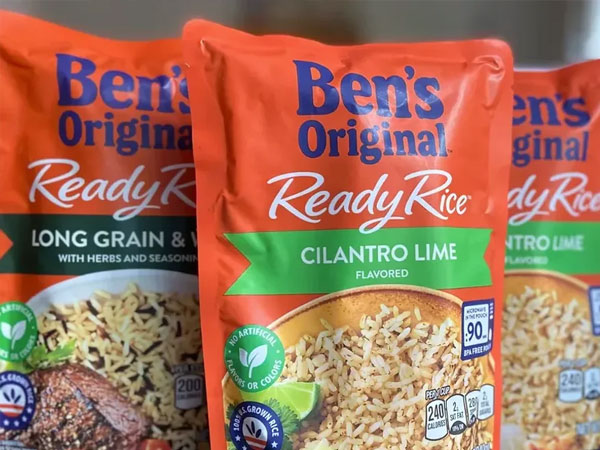



© Copyright 2025 The SSResource Media.
All rights reserved.